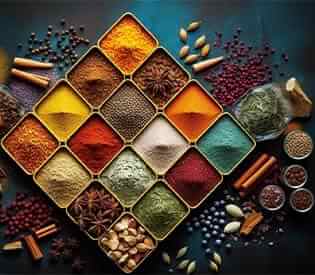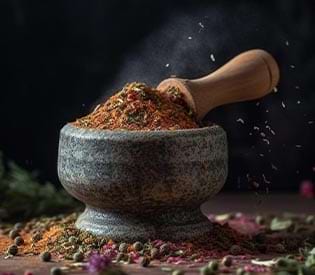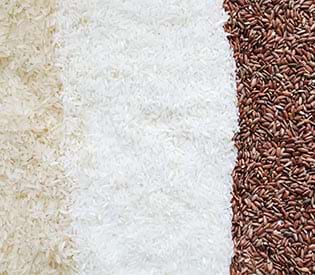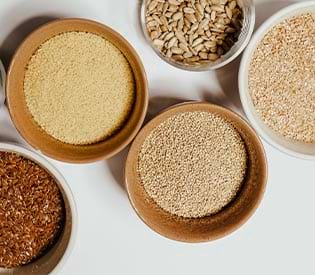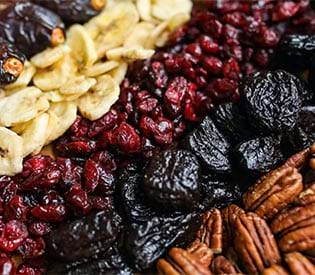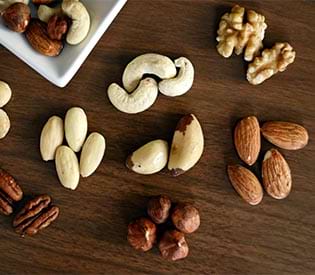Jasmine Flower
📦🚚 Fast & Free shipping on all orders
What is a jasmine flower?
Jasminum sambac or common jasmine (Jasminum officinale) are the two jasmine species from which jasmine tea is typically infused with fragrant blossoms. The olive family, Oleaceae, is the source of these exceptionally aromatic and confectionery flowers. Because common jasmine is so ancient, its precise origins are unknown. It is reputed to have originated in specific regions of the Himalayas, India, Afghanistan, and Pakistan (where it is the national flower), in addition to the Middle East, which includes Iran, Afghanistan, and Pakistan. Despite the presence of documentation of common jasmine in ancient Chinese texts, its origin is thought to have been an import from Persia. Presently, the vine-like deciduous plant is extensively cultivated in numerous temperate regions across the globe, encompassing areas such as Florida, France, Italy, and the West Indies. In the summer, the star-shaped, white flowers of the common jasmine bloom and emit a potent fragrance.
How do I use jasmine flowers?
For fragrance purposes, a half-dozen fresh jasmine flowers are sufficient to adorn a sizable container of rice. Incorporate the flowers into the boiling water with the rice, a sprinkle of salt, and a dash of olive oil. There is no necessity to extract the blossoms upon completion, as they remain entirely edible.
Jasmine Flower Benefits:
Utilizing the blossom to create medication. Jasmine has been administered to treat liver disease (hepatitis), cirrhosis-related liver pain, and severe diarrhea-related abdominal pain. Additionally, it finds application in the treatment of cancer, to induce sexual desire (as an aphrodisiac), and to induce relaxation (as a relaxant).
◉ Enhances Digestion: The antioxidants abundant in jasmine flowers facilitate metabolism by interacting with gastric enzymes; consequently, they alleviate flatulence, abdominal pain, diarrhea, dyspepsia, and irritable bowel syndrome. Furthermore, it promotes the proliferation of beneficial bacteria in the gastrointestinal tract and has been observed to eliminate AMA toxins and hazardous bacteria from the body.
◉ Tones and soothes the skin: Herbalists and specialists have utilized jasmine for years to treat dermatitis and eczema. Additionally, it relieves grooming irritations and tones the skin. By incorporating jasmine oil into body lotion, imperfections can be diminished, dehydration can be eliminated, and elasticity can be enhanced; the result is supple, hydrated skin.
Regularly indulge in a heated bath or full-body massage infused with Pharmaspa's Ylang Jasmine Spa Crystals, which have been enhanced with the health benefits of hemp seeds, for an immersive experience.
◉ Alleviates aches and pains: Pain relief is one of the most notable advantages of the jasmine plant. While also aiding in recovery from exercise and alleviating menstrual cramping, a jacuzzi infused with jasmine fragrance is an exceptional treatment for weary muscles and ailing joints. Additionally, some research indicates that diluted jasmine used for massage can alleviate labor discomfort. Although research on this is limited, massaging jasmine oil with a pleasant aroma into fatigued muscles and joints would certainly not harm.
◉ Helps to Clear the Mind: Jasmine extract is one of the most calming aromas for a hot jacuzzi after a long day. By engrossing oneself in jasmine, one may experience a "eureka" moment, whether confronted with work-related tension or a predicament requiring an immediate resolution. Jasmine, whether inhaled or ingested as a tea, possesses sedative properties that facilitate sleep by cleansing the mind and calming the emotions. Sleep is essential for overall wellness and health. The aromatherapeutic benefits of jasmine are, without a doubt, limitless.
Where can I buy Jasmine Flowers?
Buy jasmine flower from the health food store in the USA, Alive Herbals.
Jasmine Flower information (at a glance):
| Product Name | Jasmine Flower. |
| Scientific Name | Jasminum officinale. |
| Country of Origin | It is native to Iran. |
| Product Style | Whole. |
| Taste & Aroma | The floral scent of jasmine is rich, sweet, fruity, and sensual. |
| Shelf Life & Storage | Shelf Life is about 06 - 24 months. Store it in an airtight container in a cool, dry place and prevent sunlight exposure. |
| Precautions | We requested you, Before consuming spices, herbs, teas or any kind of natural products you consult an expert qualified healthcare practitioner or herbalist. |
| Notice | This product information has not been appraised by the Food and Drug Administration (FDA). For educational purposes only. |

